Carrollton and many other schools have put a spin on the classic “report card” by opening an online gradebook in October and December for parents to see. Our school believes it is beneficial for parents to keep track of their daughters’ progress, but members of the Carrollton community have differing opinions on whether or not this is worth the possible consequences.
Some parents believe that having access to the gradebook is helpful. “If students are having issues with subjects, parents can go and seek help for them,” said one Upper School parent.
Another Upper School parent agreed. “It is important that the parents see their daughters’ grades,” she said, “because as a parent I would like to have the opportunity to help and guide [my daughter] in case she needs it. I believe that it’s part of parenting to have knowledge of what she is going through in school.” Overall, she thinks that viewing the gradebook is beneficial.
However, many students see it as an added, unnecessary stressor. “You want to go to your full potential,” says Juju Diez ’29, “but if your parents bug you about your grades and are on top of you, it can backfire, and your grades can go down.”
Diez also thinks that this takes away from her responsibility and freedom because “students are just relying on their parents, and it should be the kids’ motivation.”
Dr. Larrea, Assistant Head of the Upper School, believes that the open gradebook can actually help encourage students to be responsible. She hopes opening the gradebook to parents will help students begin important conversations. “I think it teaches students responsibility by making the students tell their parents and take initiative with their grades,” she said.
Mrs. Diaz, Upper School math teacher, agrees with Dr. Larrea. She says the open gradebook helps with “providing parents [with] transparency and providing students [the opportunity for] responsibility.”
However, one issue with opening the gradebook to parents is that it only tells part of a story from a moment in time. “I do badly on one test,” says Valentina Bared ’29, “but it’s the first of the semester, so my average is bad, and I get super stressed because my parents put stress on me to do better.”
Another problem is that students and parents sometimes disagree on what constitutes a “good grade.” For example, one Carrollton parent said that “anything less than an A is unacceptable. [Grades] should be my daughter’s priority.”
However, some students argue this depends on the context of the class. For example, if the student is known for struggling with a class assignment and works hard for a B, then that might be a “good grade” for her.
A high standard is common among Carrollton’s parents, but students can feel burdened by it.
“The only thing that matters to me is my final average,” said one Carrollton Upper School student. “If I get a 75% on my math test, I just work extra hard to get a good grade on the next one, but with this new gradebook, it opens when I only have one grade in. If that grade is a 75%, my average is a ‘C,’ and my parents are going to be very mad at me.”
“It’s simple miscommunication,” she said. “My parents don’t understand that it is the first grade of the semester and think I am failing. This puts so much stress on me, and I feel them breathing down my neck.”
Students are not the only ones who can feel the stress. Jessica Grose of the New York Times says there can be the problem of some “parents…questioning teachers about every grade they [consider] unacceptable, and harried middle and high school teachers, some of whom teach more than 100 kids on a given day, dealing with an untenable stream of additional communication.”
She thinks parents seeing students’ gradebooks is more stress-provoking than it’s worth. “The issue at its heart is that too many parents see their children’s grades as the ultimate reflection on themselves and their parenting,” she argues.
On the contrary, Meghan Benavides of BES Blog believes that parents being able to see student’s grades can be helpful. She argues that it encourages parents and students to “set aside time to sit down as a team and speak openly about the year.”
For most parents, this easy access is ideal. Benavides states many students hide their report cards because they are embarrassed or scared, but she believes when parents can see them, they can foster trust between them and conversations.
Benavides believes that a growth mindset is essential for a child when seeing her report card. Mrs. Diaz agrees saying, “A growth mindset is extremely important because if a student has a negative mindset, they put themselves down, and it can impede them from their learning. Every student can learn, and it’s the mindset that helps or prevents them from achieving their goals.”
Dr. Larrea agrees with Benavides. “The way we have the gradebook at Carrollton hopefully fosters more dialogue between students and parents,” she said. She believes that students being able to see it first is helpful because they have time to digest the information before sharing it with their parents.
Recently, there have been many changes to gradebook visibility. Carrollton still has to address the important issue of timing, and Dr. Larrea agrees with this, saying that her “only concern is if the timing works for parents and students.”










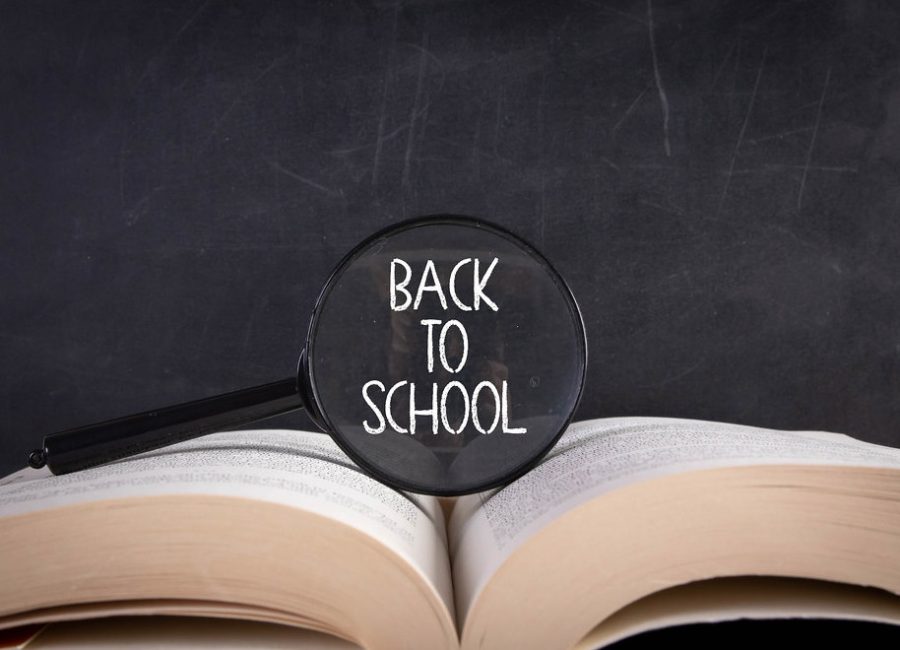













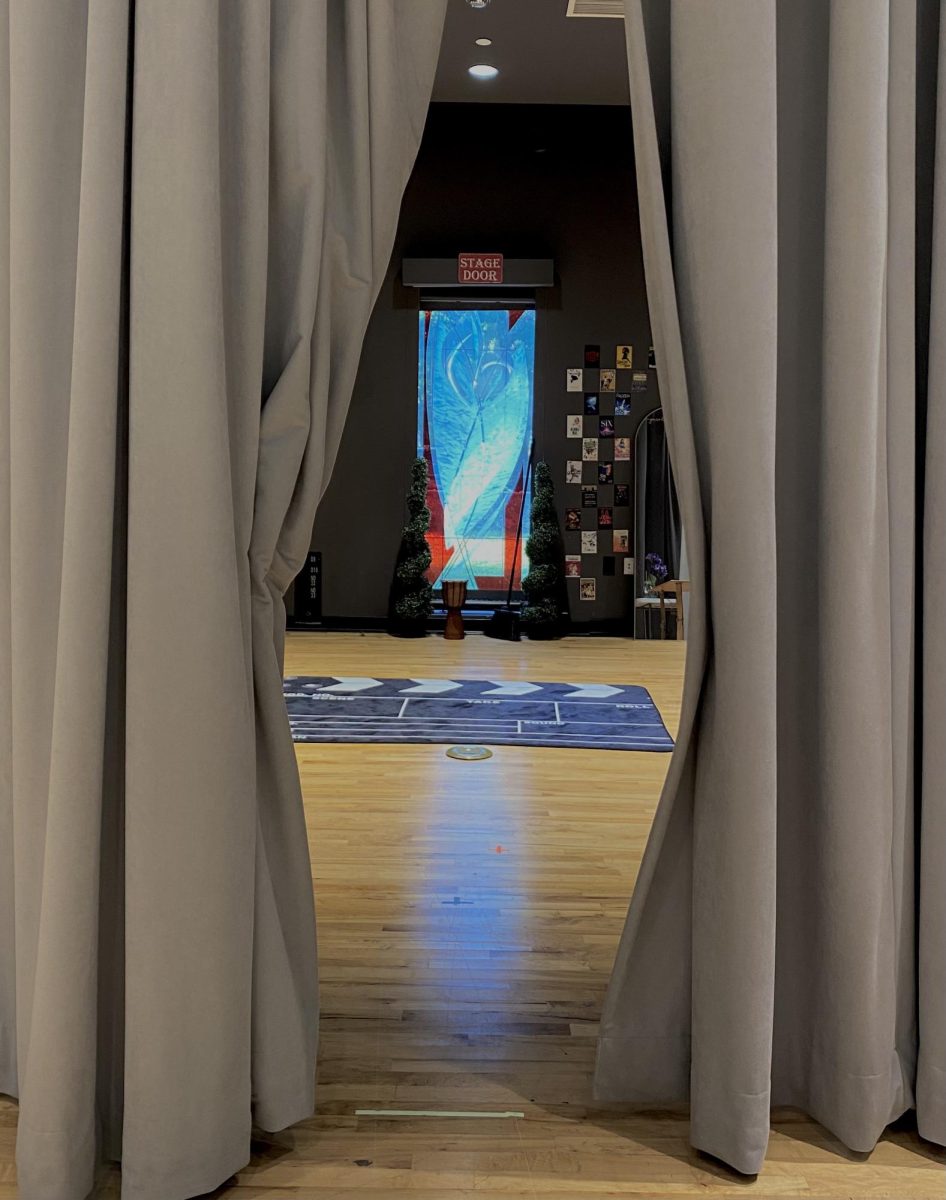




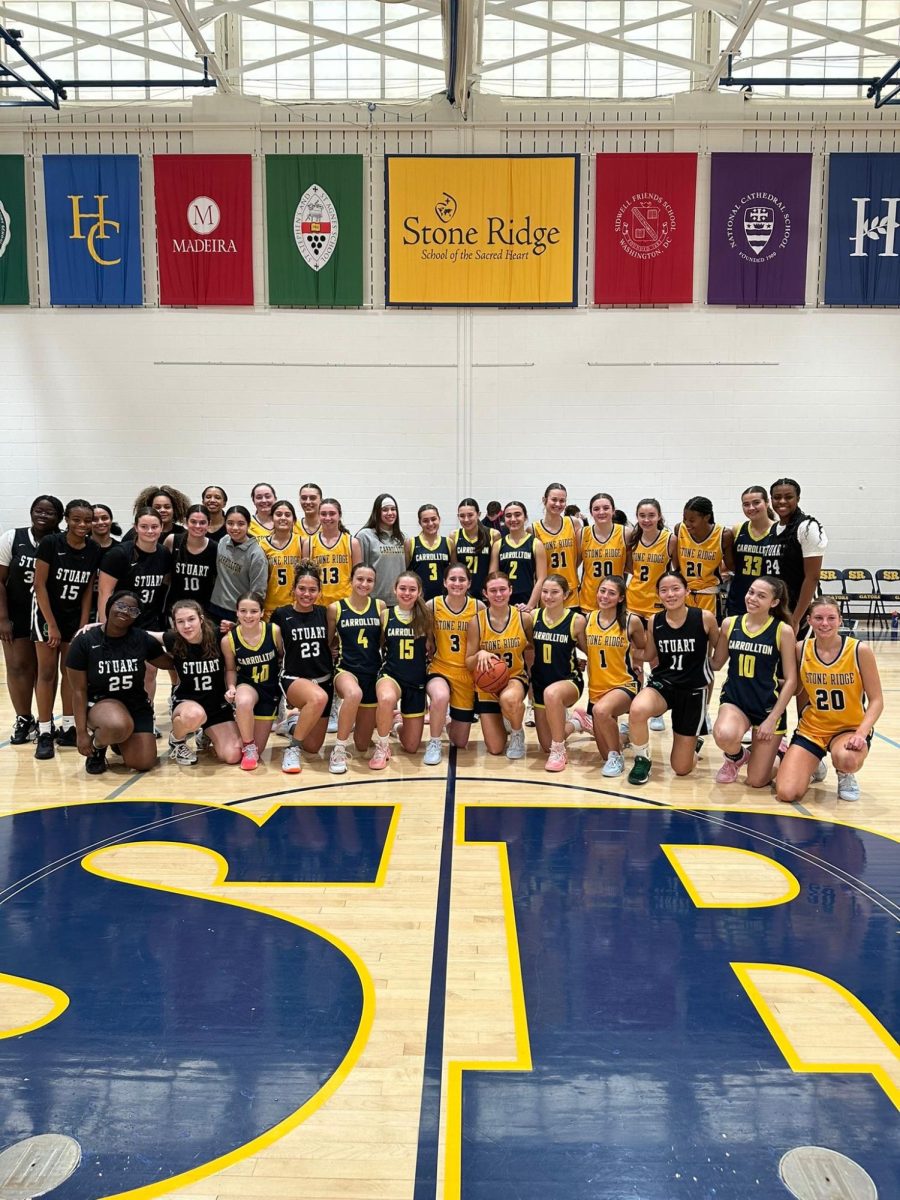

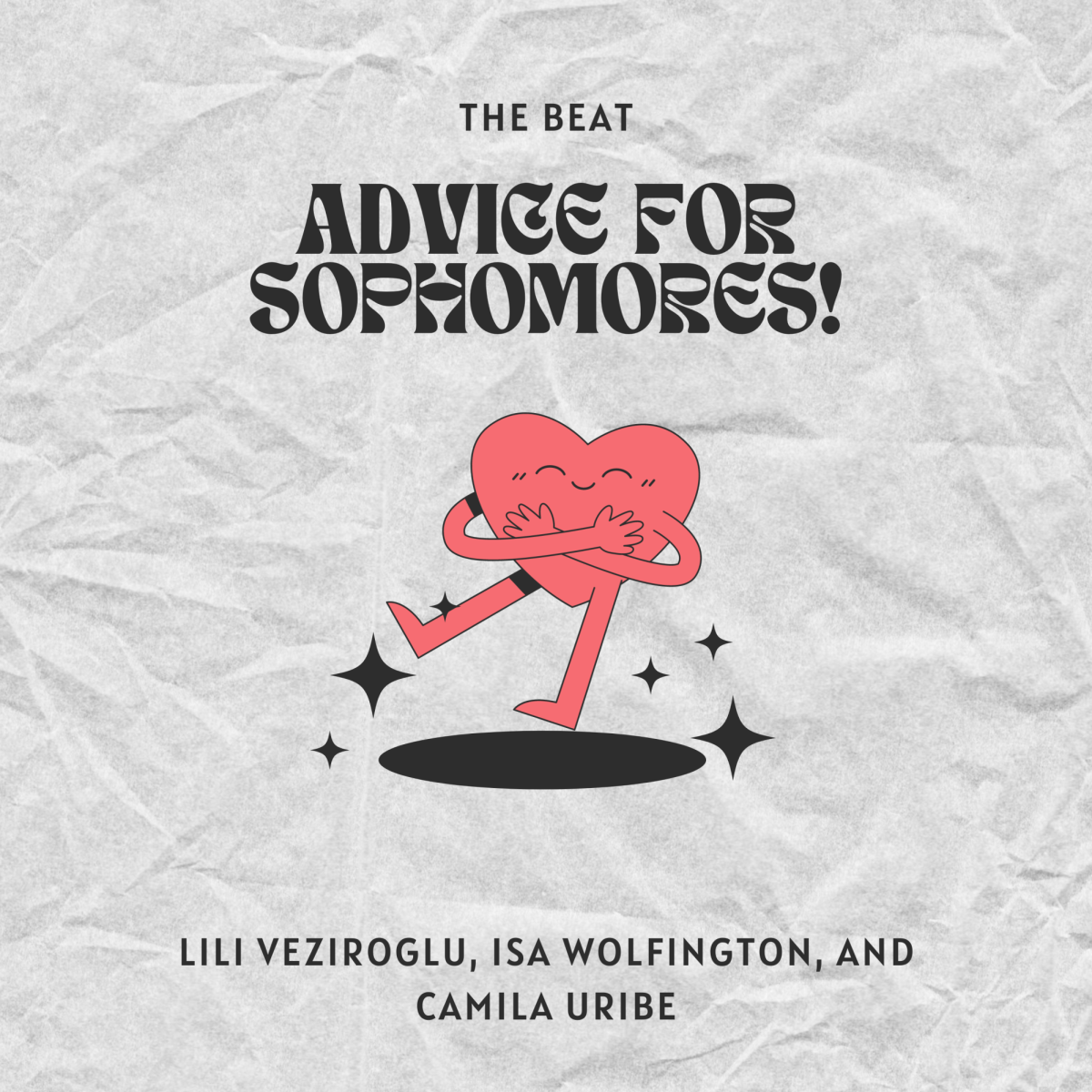



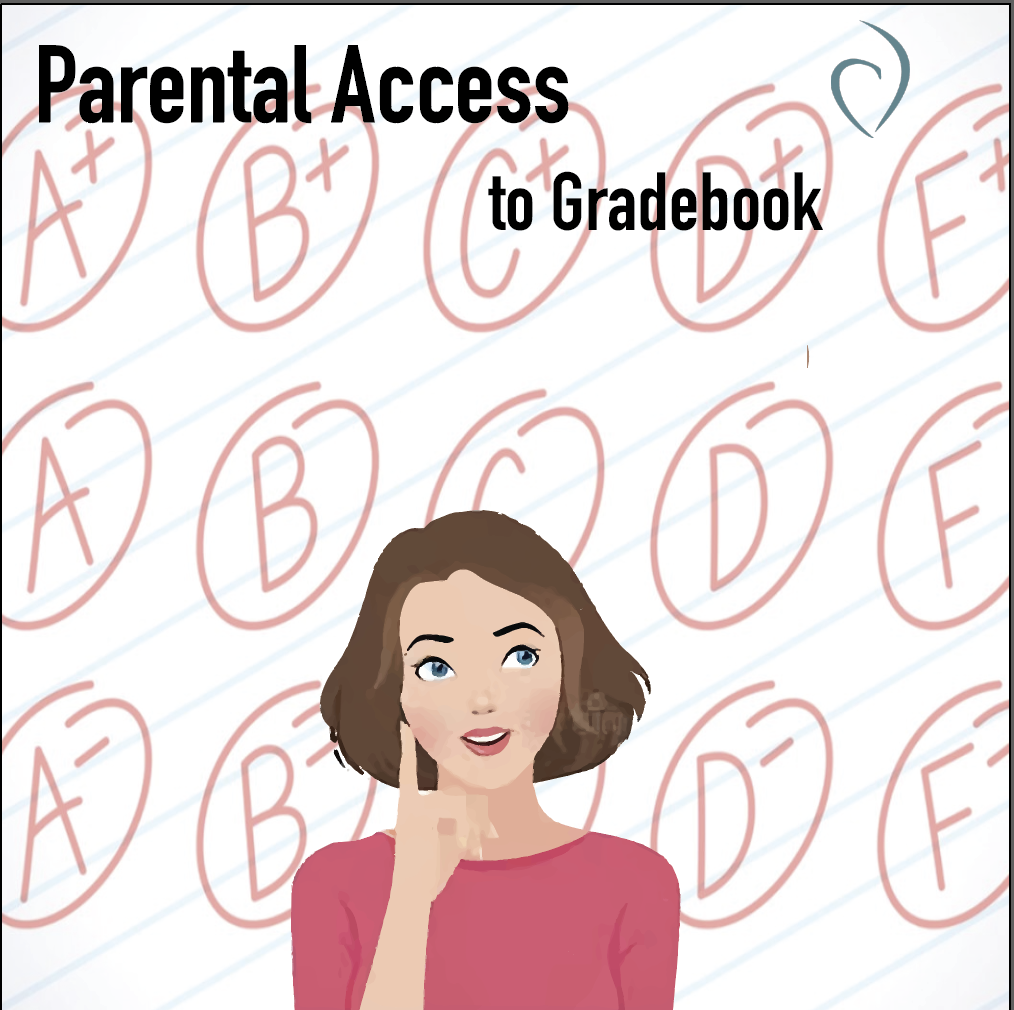

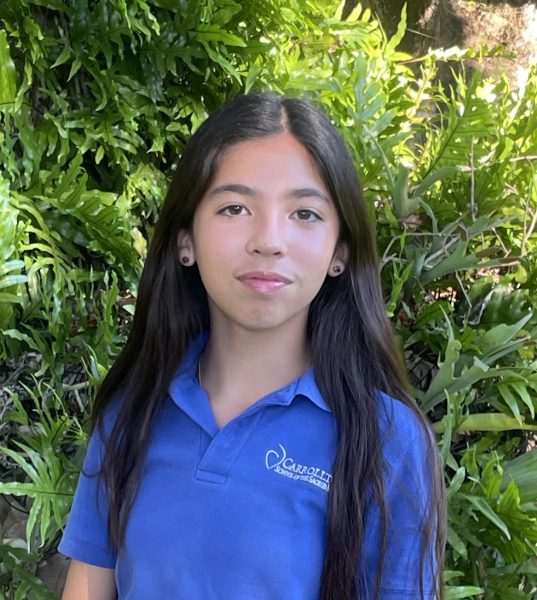

Diana Sudasassi • Jan 13, 2025 at 8:49 am
Great article. There are many pros and cons that can be argued regarding opening up the gradebook. I’d be curious to see if students can come up with an alternative that would help them not stress as much, yet allow parents to feel “in the loop”.
Valentina Martinez-Fraga • Nov 21, 2024 at 1:07 pm
omg this artical literally ate I enjoyed reading it sooo much
ale yu • Nov 22, 2024 at 7:32 am
tysm ur articles r gonna eat more